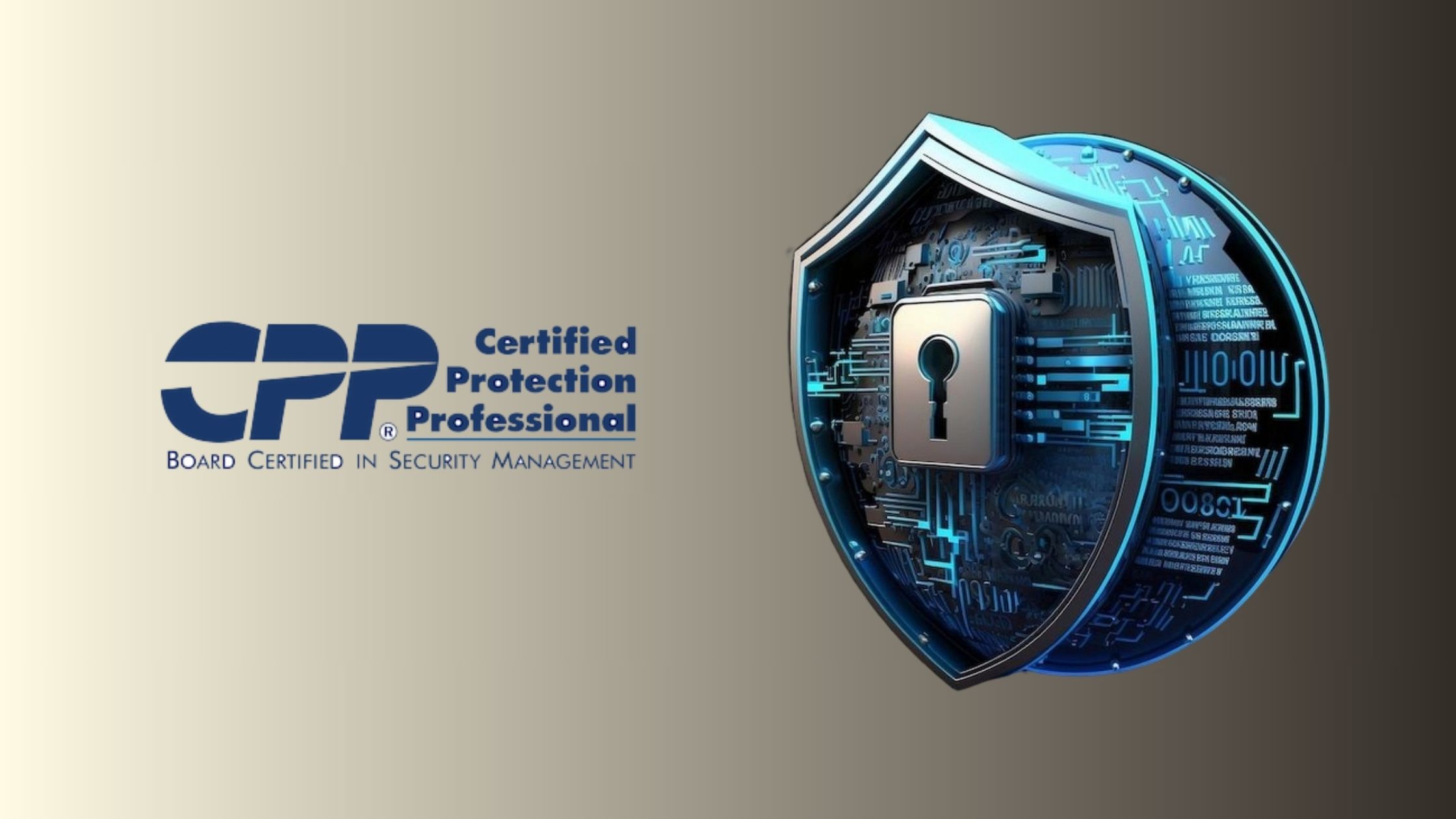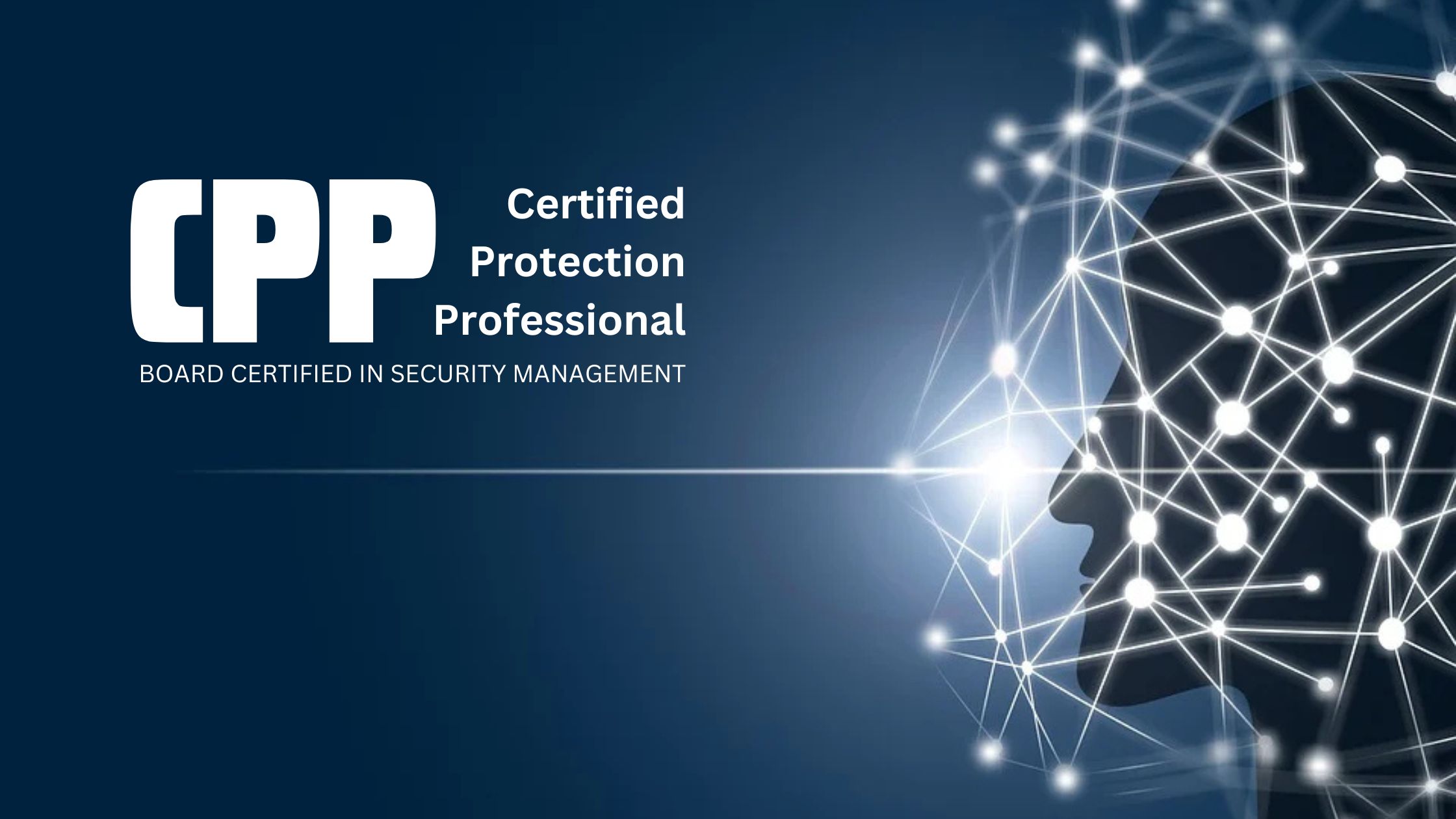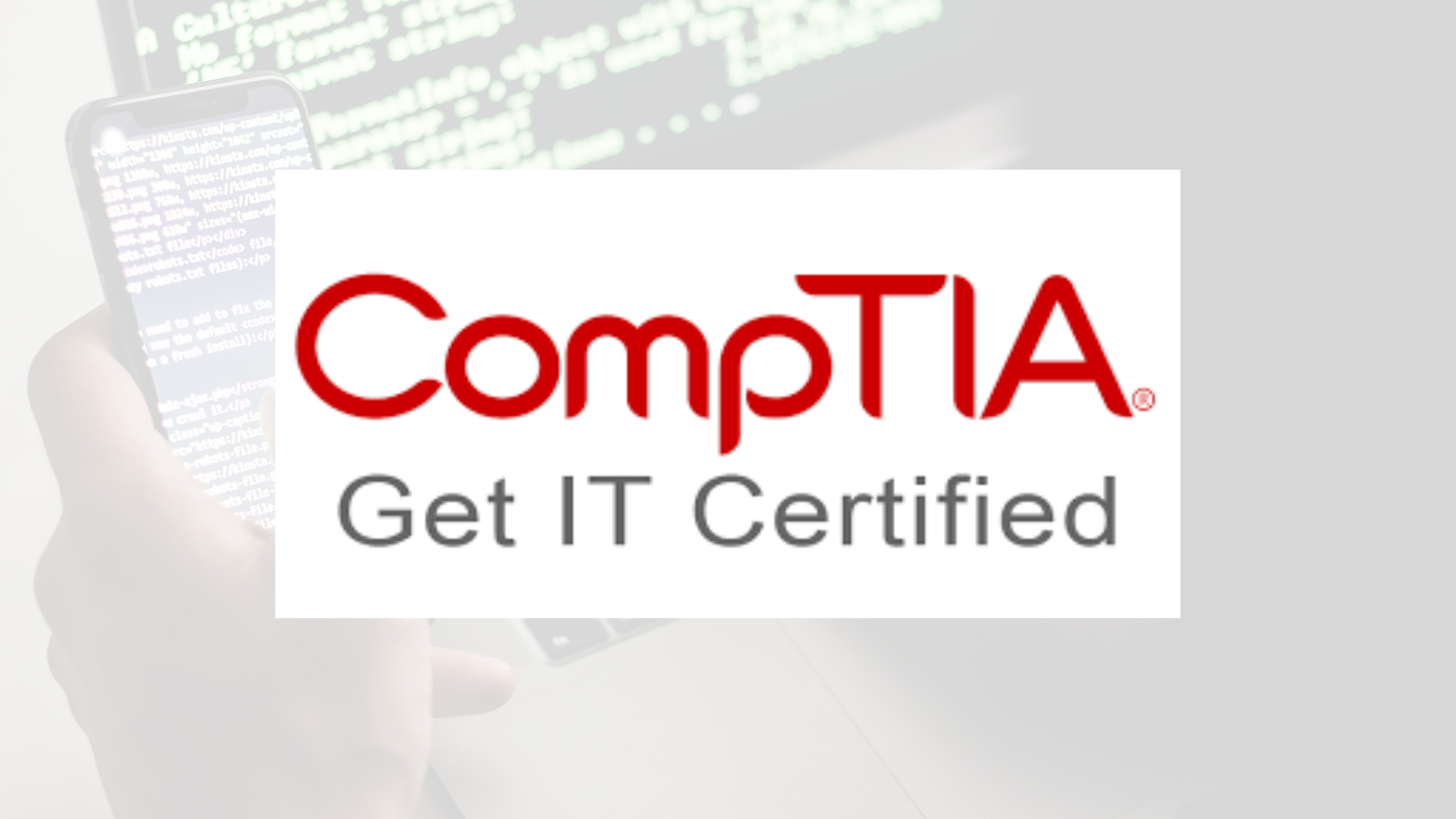Achieve the gold standard in investigative work. Get your PCI Certification in New York. Learn requirements, career benefits (up to 20% salary increase), and enroll in ASIS Professional Investigator Training New York to boost your career today.
The competitive and complex security landscape of New York City and the wider state demands a high level of specialized expertise from its security and investigative professionals. For those looking to establish themselves as leaders in the field, earning the PCI Certification in New York is an unparalleled step. While the acronym "PCI" is commonly associated with Payment Card Industry standards, the credential discussed here is the Professional Certified Investigator (PCI), awarded by the prestigious ASIS International (American Society for Industrial Security). This certification is globally recognized as the gold standard for validating an individual's proficiency in managing cases, collecting evidence, and preparing reports and testimony.
What is the ASIS Professional Certified Investigator (PCI) Credential?
The ASIS PCI designation is specifically designed for security professionals who manage and conduct investigations. It moves beyond simple on-the-job experience to validate a comprehensive understanding of ethical, legal, and procedural requirements crucial for effective investigative work. Earning this certificate signifies that an individual possesses advanced skills in multiple investigative disciplines, demonstrating commitment to industry best practices and continuous learning.The training and examination process focuses on equipping professionals with the know-how and tools necessary to handle intricate investigative situations correctly, ensuring adherence to legal and ethical frameworks while delivering verifiable results. It shows employers and clients that the holder is an expert in conducting thorough, reliable, and multi-faceted investigations.
The New York Investigator's Advantage
New York is a critical hub for global finance, corporate headquarters, and complex legal practices. Investigators operating in this environment frequently face high-stakes scenarios, including large-scale corporate fraud, complex digital forensics, regulatory non-compliance, and specialized investigations such as healthcare scams or fire inquiries.For professionals based in this state, obtaining the ASIS PCI certification provides a distinct competitive advantage. It demonstrates a foundational understanding of the legal and ethical nuances required to navigate New York's specific legislative environment, where compliance with state and federal laws is paramount. Furthermore, in a highly populated and competitive market, the PCI acts as a powerful differentiator, signaling a candidate’s commitment to superior case management and evidence handling skills, making them a preferred choice for corporations, legal firms, and government agencies seeking top-tier investigative talent.
Core Domains of Expertise
The knowledge required for the PCI certification is structured around three critical domains, each focusing on a distinct phase of the investigative lifecycle. Mastering these areas is essential for anyone undergoing ASIS Professional Investigator Training New York and seeking the credential.
1. Case Management
This domain is the organizational backbone of the investigation process. It involves more than just opening a file; it encompasses the strategic planning, resource allocation, and overall supervision of an investigation from inception to conclusion. Key aspects include:
- Developing investigative strategies and plans.
- Determining the scope and objectives of the inquiry.
- Managing resources, budget, and personnel effectively.
- Maintaining clear, ethical, and legally sound control over the entire case progression.
2. Evidence Collection
The collection and preservation of evidence is perhaps the most critical component, as the validity of the final conclusions hinges entirely on the integrity of the information gathered. This domain covers a wide range of techniques:
- Physical and digital forensic collection procedures.
- Interviewing and interrogation techniques to elicit truthful information.
- Surveillance methods and their legal constraints.
- Understanding the different types of evidence (testimonial, documentary, demonstrative, and physical) and the rules governing their admissibility.
- Specific investigative techniques related to various crimes, such as fraud, computer crimes, and abuse.
3. Preparation of Reports and Testimony
The conclusion of an investigation is measured by the clarity and effectiveness of its presentation. This domain ensures that the investigator can synthesize complex findings into a concise, well-written investigative report that clearly articulates the facts, analysis, and conclusions. It also covers the preparation needed for potential courtroom or administrative proceedings:
- Writing comprehensive, objective reports that stand up to scrutiny.
- Preparing for testimony, including understanding how to respond effectively under cross-examination.
- Working collaboratively with legal counsel, law enforcement, and other agencies to support the legal process.
The Path to Certification: Eligibility and Examination
The PCI is designed for experienced professionals, reflected in its strict eligibility requirements. Candidates seeking to sit for the exam must demonstrate a significant history in the field.Prerequisites and Eligibility:
- A minimum of three to five years of specialized experience in investigations.
- At least two years of experience in case management.
- Consent to adhere to the ASIS Code of Professional Conduct.
This experience requirement ensures that certified individuals possess the practical, real-world experience necessary to successfully apply the theoretical knowledge tested in the exam.Examination Details:The PCI examination itself is a rigorous assessment typically featuring multiple-choice questions (MCQs). The exam body of knowledge covers all aspects of the investigative domains mentioned above. While the exact number of questions and time limit may vary slightly, similar ASIS certifications often involve between 100–150 questions over a period of approximately 3 hours. A psychometrically determined pass score ensures only truly proficient candidates earn the credential. The application fee for the ASIS Professional Certified Investigator (PCI) exam for both members and nonmembers is typically around $455, with discounted rates available for certain emerging markets.
Career Impact and Future Outlook
Earning the PCI is not merely an academic achievement; it’s a career accelerator. It solidifies a professional’s status in the field and directly correlates with enhanced career opportunities and earning potential. Data suggests that security professionals in the United States who hold the ASIS PCI certification can anticipate an average 20% pay increase compared to their non-certified peers. The ASIS Salary Survey has historically indicated that the average yearly salary for certified security professionals in the US hovers around $111,000.00.By investing in high-quality ASIS Professional Investigator Training New York, candidates gain a substantial competitive advantage in the metropolitan market. The specialized knowledge in legal procedures, ethical practices, and advanced case management makes PCI holders highly sought after for senior roles in:
- Corporate Security and Internal Investigations
- Consulting Firms specializing in Fraud and Risk
- Law Enforcement and Government Agencies
- Private Investigation Practices
The certification demonstrates a tangible commitment to advancing one's skills, making it one of the most important professional stepping stones for investigators aiming for leadership positions and top-tier compensation.
Conclusion
The PCI Certification in New York represents the pinnacle of investigative professionalism, far surpassing a basic understanding of security practices. For any investigator, loss prevention specialist, fraud examiner, or legal professional practicing within the diverse and demanding New York environment, the ASIS Professional Certified Investigator credential is an invaluable asset. It is a critical investment in one's future, enhancing skills, ensuring ethical and legal compliance, and unlocking significant career advancement and financial rewards. Enrollment in specialized training programs is the first essential step toward mastering the curriculum, gaining a competitive edge, and achieving success in the challenging and rewarding security sector.
Frequently Asked Questions (FAQs)
Q1: What does PCI stand for in the context of ASIS International?A: In the context of ASIS International, PCI stands for Professional Certified Investigator, distinguishing it from the Payment Card Industry Data Security Standard (PCI DSS).Q2: Who is the target audience for the ASIS PCI certification?A: The certification is aimed at experienced investigative professionals, including corporate investigators, private investigators, fraud examiners, law enforcement personnel, and loss prevention specialists.Q3: What are the primary prerequisites for taking the PCI exam?A: Candidates typically need three to five years of investigative experience and a minimum of two years of documented case management experience, in addition to agreeing to the ASIS Code of Conduct.Q4: How does the PCI certification impact a security professional's salary?A: According to ASIS data, certified professionals in the US can expect an average 20% pay increase over non-certified professionals, with the average yearly salary for certified security professionals often exceeding $100,000.Q5: What are the three main domains covered in the PCI Body of Knowledge?A: The three core domains are Case Management, Evidence Collection, and Preparation of Reports and Testimony.Q6: Does the PCI certification require ongoing maintenance?A: Yes. Like most professional certifications, the ASIS PCI requires holders to participate in ongoing continuing professional education (CPE) credits to maintain their certification and ensure their skills remain current.




